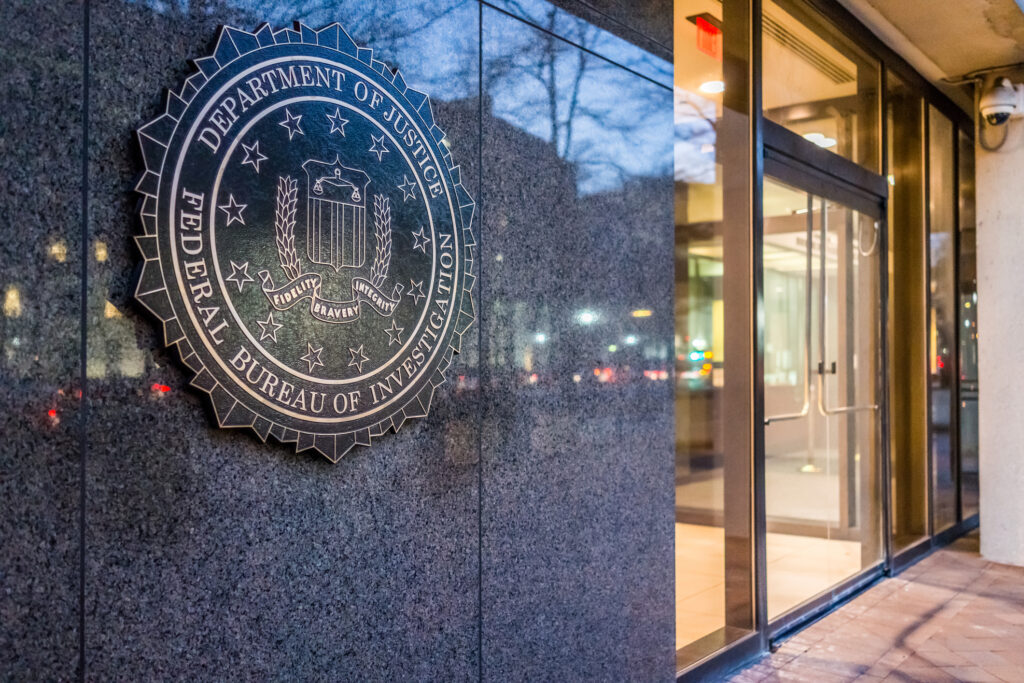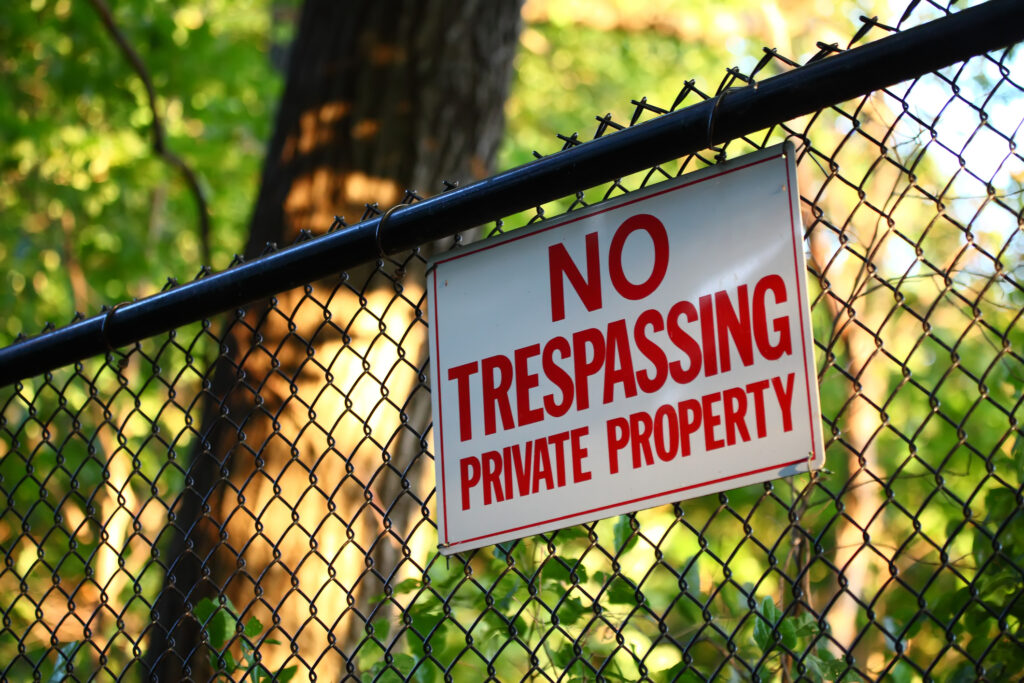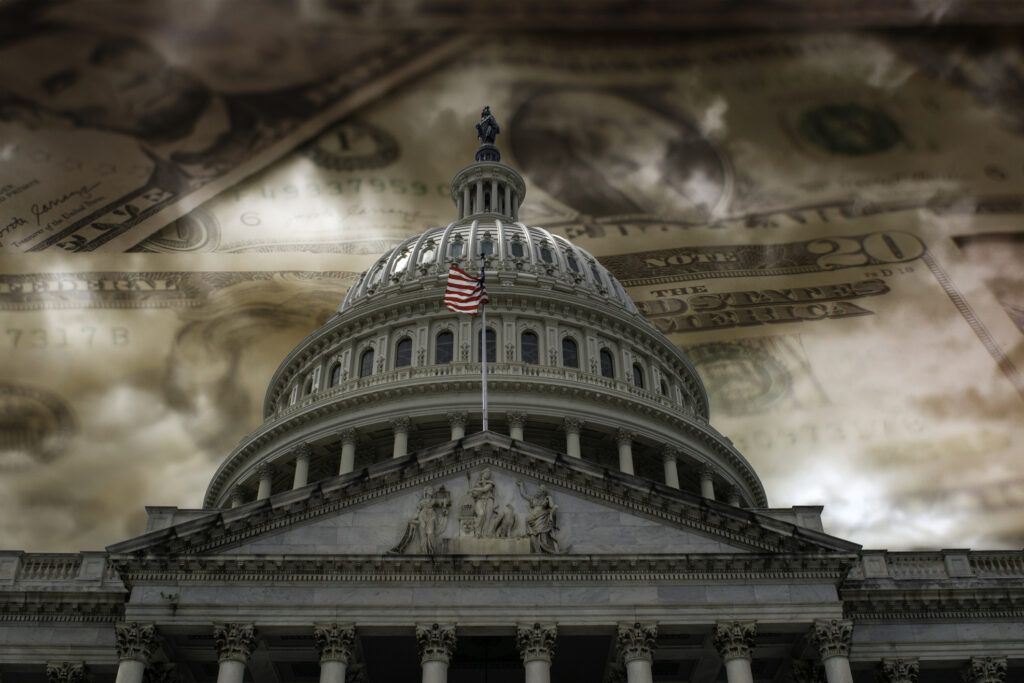“Wisconsin voter ID law deterred nearly 17,000 from voting, UW study says.” So read the headline of a recent Milwaukee Journal Sentinel article. However, a look at that University of Wisconsin-Madison survey, titled “Supporting Information: Estimating the Effect of Voter ID on Nonvoters in Wisconsin in the 2016 Presidential Election,” shows questionable assumptions and flaws that, if anything, prove why voter IDs are needed.
Prognosticating about voter attitudes in 2016 did not go well. A Marquette poll released one week before the voting projected Hillary Clinton would win Wisconsin by six percentage points, and the FiveThirtyEight group gave her an 83.5 percent chance of carrying the Badger State. Donald Trump won.
Kenneth R. Mayer and Michael G. DeCrescenzo at UW-Madison made their attempt to explain what happened in their study, but, sadly, their work fared no better than the 2016 polls.
The researchers sought to determine how many voters were “deterred” from voting or “prevented” from voting by the ID law, with an emphasis on the former. It proports to show not only that 17,000 people were deterred but that a disproportionate number were African-Americans or low income.
The report began by noting that under the law, “non-qualifying IDs include a credit card, a permit to carry a concealed weapon, a state or federal government ID, and a Social Security card.” One wonders if those who argue the voter ID requirement is a nefarious attempt to restrict the legal right of every citizen to vote would also argue that requiring a permit to carry a concealed weapon is a nefarious attempt to restrict the legal right of every citizen to bear arms.
There were 229,625 non-voters in Milwaukee and Dane Counties in the fall 2016 election who had previously registered to vote. Before polling these individuals about why they didn’t vote, the UW researchers had to weed out those non-voters—34.7 percent of them, as it turned out—who were ineligible to vote because, for example, they had moved out of the state or died. That left 150,100 eligible registrants who did not cast a ballot. The very fact that there were 79,615 individuals on the voting rolls who were not eligible to vote sounds like a loud scream for some sort of voter ID requirement.
The researchers mailed questionnaires to 2,400 of those 150,100 non-voters and received only 293 responses (12 percent), a low response rate. It’s highly questionable to base findings about voter motives on the responses provided by 293 people out of 150,100 non-voters. Further, mail surveys are subject to bias, since strongly motivated individuals are the ones most likely to respond.
To determine whether a voter was “deterred,” the survey allowed those receiving questionnaires to “initially select several partial reasons for not voting.” In their table labeled “Nominal Reasons for Not Voting (weighted responses),” the researchers reported 50.8 percent answered “Unhappy with choice of candidates and issues,” 27.5 percent answered “Not interested,” and 26.2 percent answered “Vote would not have mattered.” Only 6.5 percent said they “[d]id not have adequate photo ID.”
Without delving into the researchers’ math to determine “weighted responses,” we could just observe 6.5 percent of the 293 respondents is 19 people. This is a statistically thin reed on which to base an assertion that thousands of people were “deterred” from voting for a lack of ID. But these results do tell us something the researchers fail to acknowledge: The half of non-voters who said they were unhappy with their choices in 2016 or the one-quarter who either were uninterested or thought their votes wouldn’t matter probably did not even attempt to secure an ID that would allow them to vote. If they didn’t intend to vote, what was the point? The researchers should have asked them if they took advantage of any of the easy avenues to secure appropriate voter IDs.
The Journal Sentinel article quotes Milwaukee County Clerk George Christenson saying, “As the clerk who serves the largest population of African-Americans in the state, I was shocked by the numbers [in the survey] and am furious to see that Jim Crow laws are alive and well.”
Christenson need not worry. The flawed study does not show that. However, what should make him and all liberals who oppose voter IDs shocked and furious is half the non-voters did not like their darling, Hillary Clinton, any more than they liked Donald Trump, and a quarter of them were not interested or thought their vote wouldn’t count.
Of course, liberal policies and politicians have failed such voters so often, this is probably a much better explanation for why so many remained away from the polls on Election Day. Research that!





